An HR strategy is a roadmap that connects a business to its employees and the employees to the business. Thinking further about this, strategies are nothing more than a piece of paper, but delivering the strategy is what matters. Those who make a strategy work are people — employees. This relationship is even more important for growing SMBs who don’t typically have the luxury of abundant resources; people, money and expertise, and the ability to absorb negative market shocks — e.g. war, financial crises, etc. It is argued that being strategic is more important in a growing SMB than it is in a large enterprise.
While it’s clearly obvious that designing and implementing a well-thought-out HR strategy is a “no-brainer,” why would you do it? Below are the top 5 reasons why growing SMBs need to implement a methodically crafted HR strategy.
Learn how to implement employee well-being into your total rewards with our free guide.
- HR is a Business Function; Act Like One — most founders and senior leaders would identify their employees as one of the most important elements of their future success. If there is nothing that connects people with the business, then how do you know you’re moving in the right direction? A great strategy is meaningless and will fail if the employees are not set up to succeed.
- Provides Direction — the HR function is massive. Very few SMBs have fully designed and built-out HR infrastructure, and “build work” is seemingly never-ending. Strategies always evolve and change over time. This happens because SMBs are nimble and are constantly reacting to changes in the market. However, often lean HR teams at SMBs need a roadmap so they can measure the impact and effectiveness of their work. Based on “connecting people with the business,” HR will strategize and plan for one of a) growth, b) operational efficiency (i.e. typically not in growth mode, and instead is maximizing investments), or c) downsizing.
- Financial Measurement — when you know what your HR strategy is, you can then begin to forecast costs to labour, HR software, talent attraction, talent engagement, and talent retention strategies and activities. If there’s no strategy, how can you possibly begin to think about measuring?
- Scalability — it’s often that HR leaders of SMBs don’t have full autonomy to manage their own budget. If you have a strategy and it’s clear what you are committing to delivering, you can identify the required resources. Proactive versus reactive — reactive activities often become the bottleneck to outcomes and delivery and a source of frustration for HR.
- Focus on What Matters — this goes without saying, but we need reminders. It’s very easy to get caught up in a cycle of “putting out fires.” While day-to-day HR activities are important to ensure the smooth running of a business, so is the HR strategy to support long-term success. Spending the time to plan, strategize, and think long-term will enable a more effective and accurate allocation of resources to activities that support both short and long-term requirements.
We know that talking about the importance of building an HR strategy is “easier said than done.” We also know that awareness is the first step in the chain to action and that many growing SMBs struggle with positioning their HR teams as significant contributors to positive business outcomes and performance. The reason why this is the case is because of the absence of a well-thought-out HR strategy — the people roadmap, vision, and future aspirations.
From the fine words of renowned organizational theorist, Mason Haire, “What gets measured gets done,” could not apply more perfectly than to this. Putting something down on paper has a greater chance of success than simply talking about it. HR is business, and business is HR.









